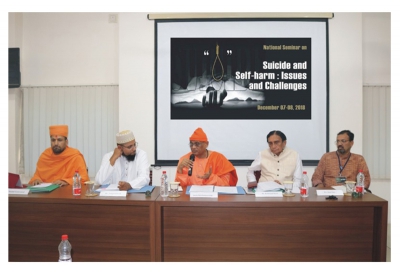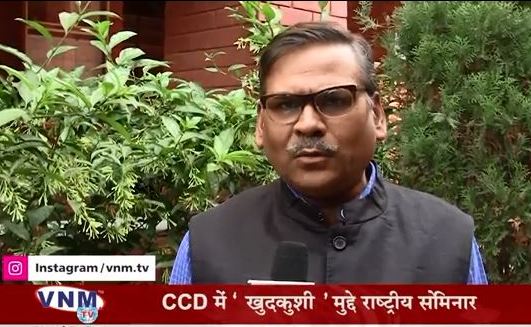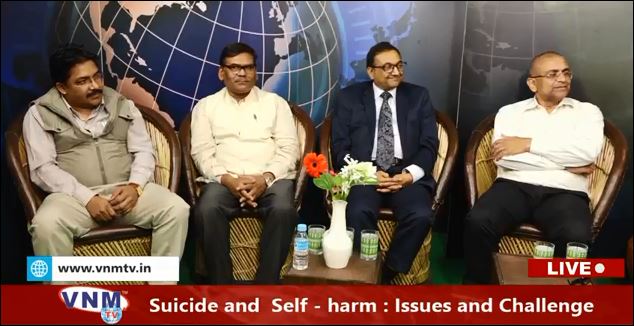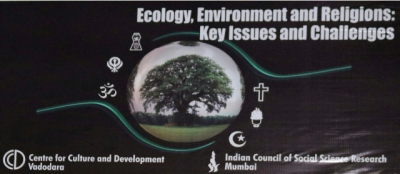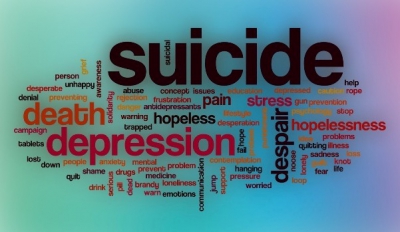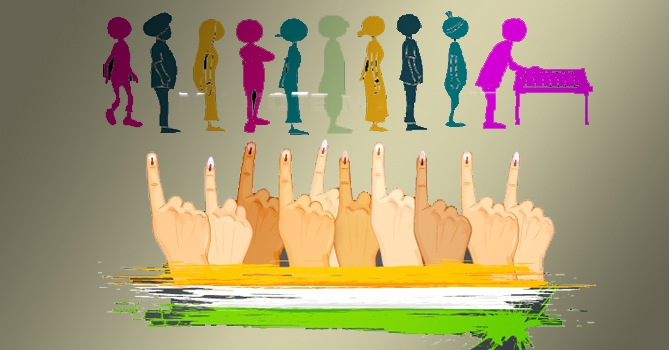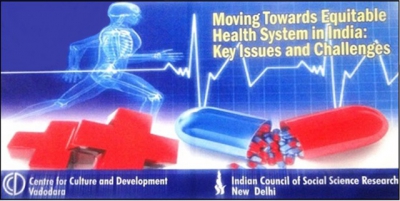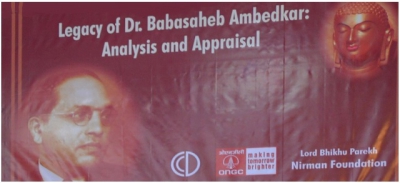Summary:-National Seminar on “Suicide and Self-harm: Issues and Challenges”
Brief Summary
By Kanchan Bharati & Dhananjay Kumar
Introduction
Global and national scenario of suicide locate it as an important public health problem that needs attention and prevention. The problem is however difficult as the reasons for suicide are multidimensional. Moreover, the phenomenon is not confined to a particular region or community or to any given period, but its appearance varies from region to region and from time to time. Hence, there is a need to understand patterns and underlying courses that make people to end their life and to provide solutions such tendencies. With this in view, the Centre for Culture and Development (Vadodara) organized a two day National Seminar on “Suicide and Self-harm: Issues and Challenges”.
[…]

